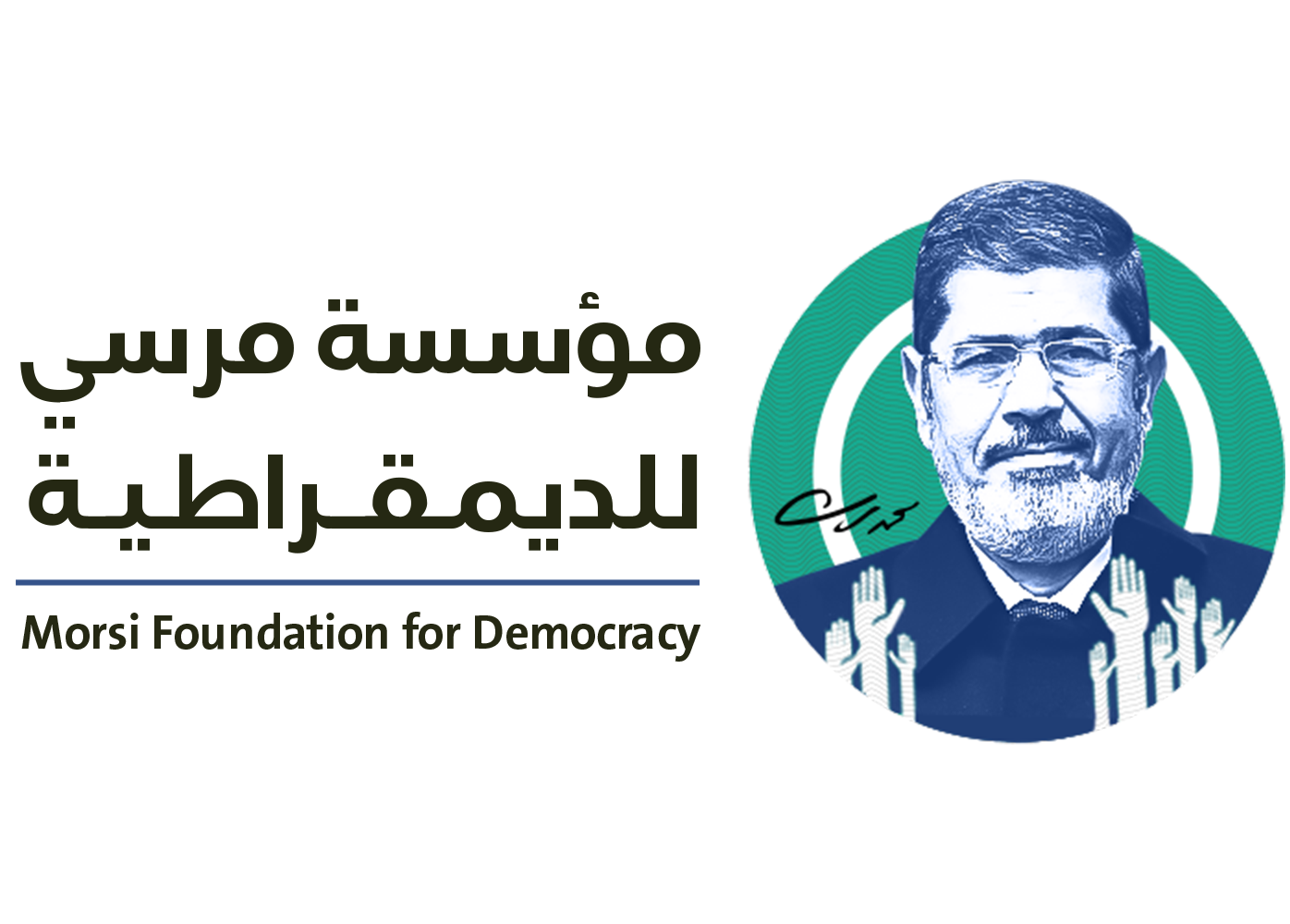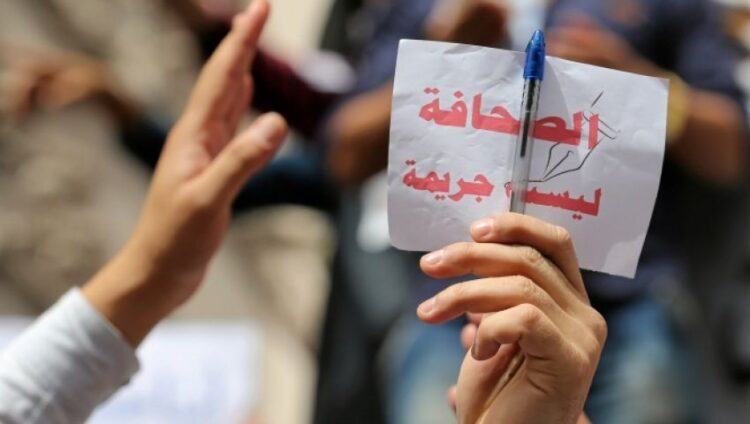The Egyptian political scene is witness to clear confusion, which is, apparently, demonstrated by the arbitrary arrests of journalists and human rights activists. At the same time, dozens have been released through presidential pardons – a situation that could hint at disagreements between the country’s sovereign and security institutions.
This confusion became glaringly apparent when Egyptian security forces raided the home of journalist, Hassan Al-Qabani in the Giza governorate (west of the capital) last Wednesday morning, taking him to an unknown destination, coinciding with World Press Freedom Day on 3 May.
The suspicious move coincided with the beginning of the national dialogue in the country, which the ruling regime is promoting as a roadmap towards what it calls the “New Republic”. This development shocked the journalistic and human rights communities, shedding light again on the state of journalism and the restrictions imposed on freedom of expression in Egypt.
Among the ironies is that the arrest of Al-Qabani, who was released on the same day after trade union and government interventions, came after the release of Al Jazeera Mubasher channel journalist, Hisham Abdel Aziz, who spent four years in prison, and Raouf Abid, a journalist with the government-affiliated newspaper, Rosaelyoussef, after ten months of detention.
Al-Qabani had been arrested twice before; the first time, in January 2015 and released in November 2017; and the second time, on 18 September 2019, and released on 7 March 2021. His third arrest, however, coincided with a day internationally celebrated for freedom of opinion, perhaps to emphasize that journalism has become a “crime” in Egypt.
The list of journalists held in Egyptian prisons is filled with dozens from various political currents. Some of them have been arrested twice, while others have exceeded the maximum two-year pretrial detention period stipulated by Egyptian law, without being referred to trial in their main cases.
During the last year, 2022, the non-governmental organization, Association for Freedom of Thought and Expression, based in Cairo, documented the arrest of no less than 14 journalists.
According to the Arab Media Freedom Monitor (based in Istanbul), there are about 43 trade union and non-trade union journalists detained in Egyptian prisons.
Among the most prominent journalists detained in connection with political nature cases are Mustafa Al-Khatib, Karim Ibrahim, Ahmed Sabia, Hussein Karim, and Safaa Al-Korbeigi.
Among the elderly journalists over the age of sixty, who may face the risk of death due to their suffering from various illnesses, was Tawfiq Ghanem, (66) the former regional office director of the Anadolu Agency in Cairo; former editor-in-chief of El Osra El Arabeya newspaper, Badr Mohammed Badr (65) and former MP, Mohsen Radi, (66).
The list of detained journalists who are not members of the syndicate includes Mohammed Oxygen, Hamdi Al-Zaim (a photojournalist), Ahmed Allam, Mohammed Saeed, Ahmed Abu Zeid, Abdullah Samir, Aliaa Awad, and Medhat Ramadan.
The dilemma of journalists who are not members of the syndicate exacerbates, as security authorities treat them as impersonators of a journalist. The syndicate’s actions in favour of them were limited to moral support only



